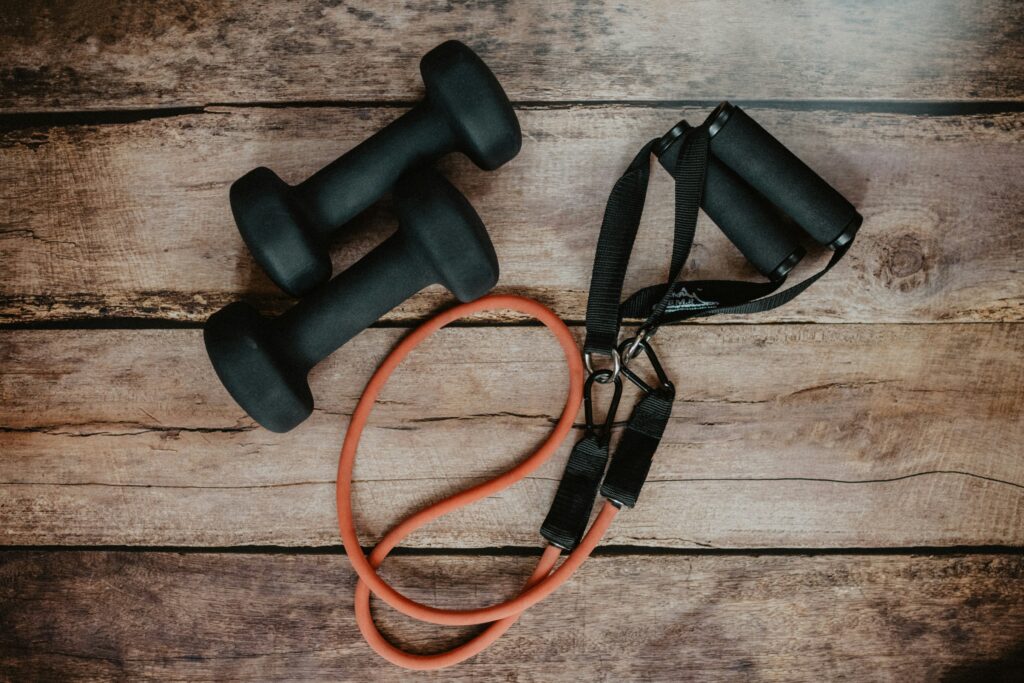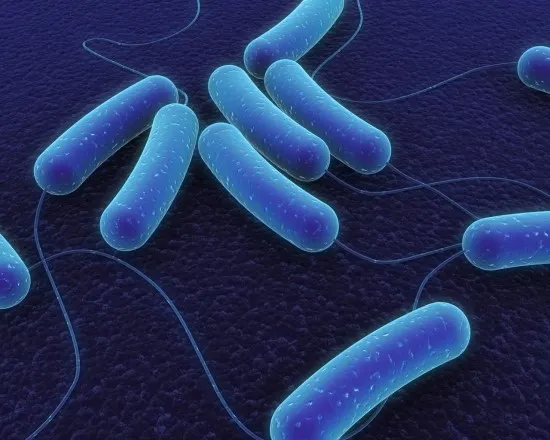
Losing weight doesn’t always require hitting the gym. If you’re looking to shed a few pounds quickly but can’t commit to an exercise routine, don’t worry—there are still effective ways to achieve your goal. By making smart changes to your diet and lifestyle, you can lose weight in just 7 days without the need for exercise.
1. Focus on a Calorie Deficit
The key to weight loss is burning more calories than you consume. To create a calorie deficit, start by reducing your daily intake by 500 to 1,000 calories. This reduction can lead to a loss of 1 to 2 pounds per week. For example, Lisa, a busy mom of two, decided to swap her daily afternoon latte and pastry for a cup of green tea and a handful of almonds. This simple change saved her over 300 calories a day, helping her lose weight steadily without feeling deprived.
2. Eat More Protein
Increasing your protein intake can help you feel fuller for longer, reducing your overall calorie intake. Foods high in protein, such as lean meats, eggs, beans, and tofu, also require more energy to digest, which boosts your metabolism. Take Mark, for instance. He started having a high-protein breakfast of eggs and turkey sausage instead of his usual cereal. This switch not only kept him full until lunchtime but also helped him avoid mid-morning cravings, leading to healthier choices throughout the day.

3. Drink Plenty of Water
Staying hydrated is crucial for weight loss, especially when you’re not exercising. Water helps flush out toxins, reduce water retention, and curb your appetite. Sometimes, thirst can be mistaken for hunger, leading to unnecessary snacking. Sarah, who often mistook thirst for hunger, made it a habit to drink a glass of water before every meal. She noticed that this simple practice helped her feel fuller and reduced her portion sizes, contributing to her weight loss.
4. Cut Out Sugary Drinks
Sugary beverages like soda, energy drinks, and even fruit juices can be a significant source of empty calories. By cutting these out, you can significantly reduce your daily calorie intake without feeling deprived. For instance, James used to drink a can of soda with lunch every day. After switching to sparkling water with a splash of lemon, he not only saved over 150 calories per day but also felt more energetic and less bloated.
5. Prioritize Fiber-Rich Foods
Fiber-rich foods like vegetables, fruits, whole grains, and legumes help you feel full longer and improve digestion. These foods are generally lower in calories and take longer to chew and digest, helping to control hunger and prevent overeating. Take Emma’s experience as an example. She started incorporating more vegetables into her meals, like adding spinach and broccoli to her lunch. This change made her feel more satisfied, helped her avoid afternoon snacks, and kept her on track with her weight loss goals.
6. Practice Mindful Eating
Mindful eating involves paying full attention to the experience of eating and drinking. It helps you recognize physical hunger and fullness cues, reducing the likelihood of overeating. John, who used to eat his meals in front of the TV, decided to start eating at the dining table without any distractions. He quickly noticed that he was eating more slowly and feeling full sooner, which naturally led to smaller portions and fewer calories consumed.
7. Get Enough Sleep
Getting sufficient sleep is often overlooked in weight loss efforts, but it’s crucial. Lack of sleep can disrupt your hormones, particularly those that regulate hunger and appetite, leading to increased cravings and calorie consumption. For example, Rachel, who used to stay up late watching movies, found that by simply going to bed an hour earlier, she had more energy, fewer cravings, and a better mood, which all contributed to her weight loss.
In fact, a study published in the journal Annals of Internal Medicine found that people who slept only 5.5 hours per night lost less fat and more muscle compared to those who slept 8.5 hours, despite both groups following the same calorie-restricted diet. This highlights the importance of adequate sleep in promoting fat loss and maintaining lean muscle mass during weight loss efforts.
Making sleep a priority can therefore significantly enhance your weight loss results, making it an essential component of any weight management plan.
While exercise is beneficial for overall health, you can still achieve weight loss in 7 days without it by focusing on your diet and lifestyle habits. By creating a calorie deficit, increasing your protein and fiber intake, staying hydrated, and practicing mindful eating, you can effectively lose weight. Remember, these strategies not only help you shed pounds but also promote healthier eating habits in the long run.
If you’re ready to take the next step in your weight loss journey, consider trying a personalized meal plan or learning more about healthy eating strategies that fit your lifestyle.
For more tips on healthy eating, check out our post on Healthy Eating Tips for Beginners.


